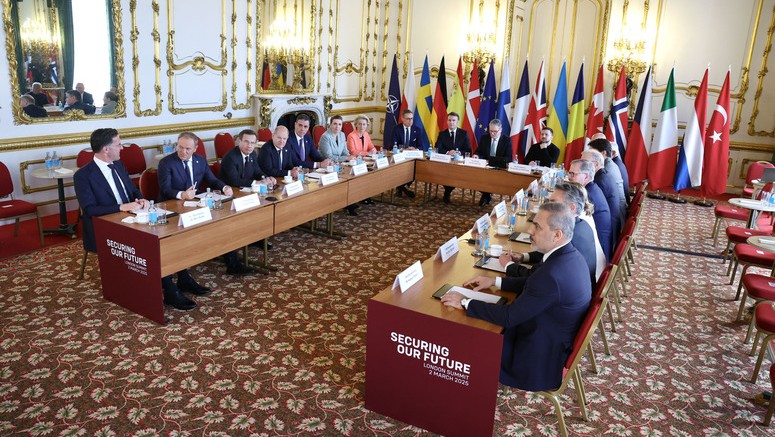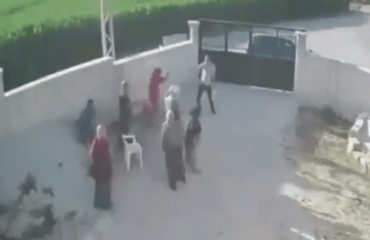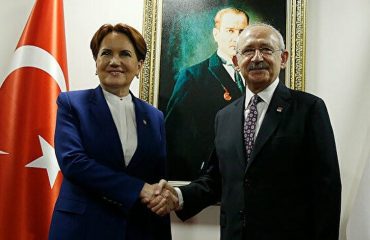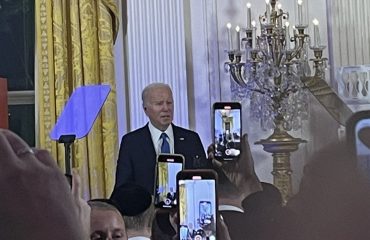

Following the US President Trump’s treatment of the Ukrainian President Zelensky, European NATO members and Canada told him he was not alone.
NATO has been the cornerstone of Western security for over seven decades, preventing another world war despite setbacks in various conflicts. However, with Donald Trump back in the White House and openly questioning America’s role in the alliance, NATO’s future has become increasingly uncertain. Can Europe step up and defend itself without the US? What role will Türkiye play in this shifting security landscape? And how will Russia exploit a weakened NATO?
NATO is at a crossroads, no doubt. That being said, reactions to claims that NATO stood at a point with uncertain future fell into two broad categories: those arguing that Trump lacks the authority to withdraw unilaterally and those emphasizing the strategic importance of US participation. Yet both overlooked a crucial factor—if the US reduces its commitment, Türkiye will emerge as a key player in European security realignment. History warns against a return to American isolationism, making it essential to ask: can NATO survive without the US?
Can Trump withdraw the US from NATO?
While Trump alone cannot unilaterally withdraw from NATO — only the Senate has that authority—he can still weaken the alliance by:
• Defunding NATO programs and military assistance: The US provides most of NATO’s budget. Without this, NATO’s operational capacity would be severely weakened.
• Reducing military presence in Europe: Fewer US troops in Germany, Poland, and the Baltic states would undermine NATO’s deterrence.
• Politicizing NATO’s command structures: Repeated threats to withdraw create instability and erode allied confidence in US commitments.
The assumption that Congress would act as a counterbalance is uncertain. Trump has reshaped the Republican Party into a more nationalist and isolationist movement. If NATO funding becomes entangled in domestic budget battles, Congress may hesitate to oppose him. While outright withdrawal may be legally difficult, Trump could still cripple NATO’s effectiveness.
Can Europe defend itself without the US?
While Europe must increase defense spending, the real challenge is whether it can develop an independent security framework in the absence of US leadership:
• Military capability gaps: Europe lacks the intelligence, logistics, and nuclear deterrence structures the US provides. Even France and the UK’s nuclear arsenals cannot fully replace the US nuclear umbrella.
• Political disunity: NATO provides a clear command structure, while an independent European defense force would require deep political integration—difficult given ongoing disagreements among EU states.
• Financial challenges: Increasing defense budgets is politically unpopular in many European nations, particularly Germany and Southern Europe.
Europe’s ability to form an effective alternative to NATO remains uncertain, making Türkiye’s role even more critical.
Türkiye: The missing piece in the debate
If the US weakens its NATO commitment, Türkiye’s strategic position and military strength make it indispensable in any post-US NATO or European security framework.
Why Türkiye matters:
• NATO’s Second-Largest Army: Türkiye has the second-largest standing army in NATO, with battle-hardened forces and advanced defense systems.
• Control Over the Bosporus: Türkiye controls key maritime access points between Europe, Russia, and the Middle East. In any conflict involving Russia, its ability to restrict naval movements would be crucial.
• Balancing Russia: While Ankara and Moscow cooperate on some issues, Türkiye has opposed Russian expansionism in Syria, Libya, and Azerbaijan.
• Intelligence and Counterterrorism: Türkiye has a critical role in NATO’s intelligence-sharing and counterterrorism operations. Losing this partnership would weaken European security efforts.
Will Europe accept Türkiye as a security partner?
If the US weakens its NATO commitment, European leaders will face a difficult choice:
1- Embrace Türkiye as a key security partner, potentially overlooking political disagreements over democracy and human rights.
2- Attempts to bypass Türkiye would be a strategic mistake given Europe’s lack of military capacity to replace Türkiye’s contributions.
Realpolitik suggests that Europe may have no choice but to engage Türkiye more deeply in its security architecture. Whether this leads to a new security pact, renewed EU-Türkiye cooperation, or a reinforced NATO minus the US remains to be seen.
A weakened NATO: An opportunity for Russia?
Some argue that Putin’s Russia is too weak to pose a long-term threat due to economic struggles. However, history teaches that economic downturns do not always prevent military aggression—sometimes, they encourage it.
• Putin’s Strategic Patience: Even if Russia’s economy weakens, Putin may believe that Europe lacks the will to sustain long-term military resistance.
• Baltic States and Moldova at Risk: A fractured NATO would leave these regions vulnerable.
• Hybrid Warfare: Russia does not need a conventional military invasion to weaken Europe—cyberattacks, disinformation campaigns, and political destabilization efforts could intensify.
If NATO weakens, Putin will test Europe’s resolve—whether through further aggression in Ukraine, increased pressure on Eastern Europe, or strategic partnerships with China.
The time to act is now
The central issue remains: Is the US on a path back to the isolationism of the 1920s and ’30s? If so, Europe cannot afford to wait for internal US politics to resolve itself. The lessons of history are clear—inaction carries significant risks.
Key takeaways:
1- Trump may not formally withdraw from NATO, but he can cripple it.
2- Europe must prepare for the worst-case scenario, not just hope for Trump’s failure.
3- Türkiye must be part of any European security strategy. Ignoring its role is a critical mistake.
4- Putin will not wait for Europe to get its act together. The time to act is now.
Europe stands at a defining moment: it can either take control of its defense or remain dangerously exposed. The choices made in the coming years will shape the global balance of power for the coming decades.


